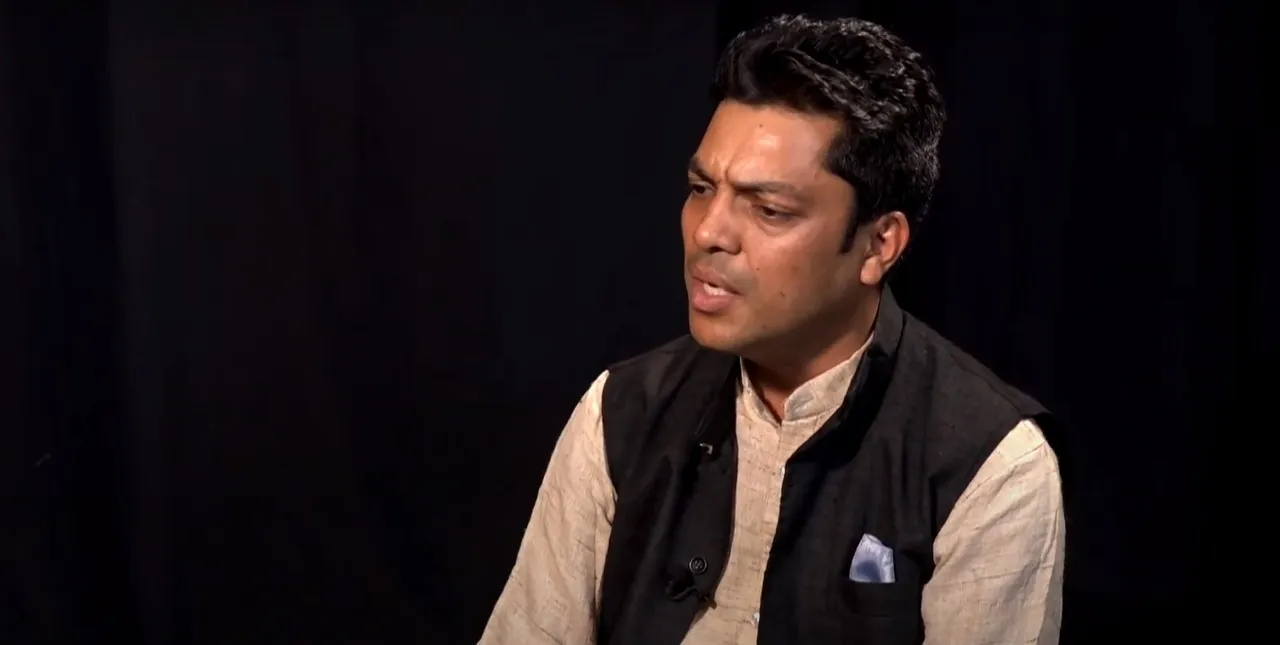The recent expulsion of leader Bhim Rawal and suspension of two female leaders – Binda Pandey and Ushakiran Timsina – from the CPN-UML is just an example of intolerance exhibited by the key ruling party's leadership. Rawal, a critic of UML Chairman KP Sharma Oli's "arbitrary working style in the party," had faced marginalization after he showed gumption to challenge Oli for the party's chairmanship in the election held during the 10th general convention of the party three years ago. Rawal lost the contest, but that made him popular among those who wanted to see someone challenging the position of Oli. That miffed Oli and his hangers-on. Rawal’s ouster from the party came after he failed to furnish a reply to the party’s clarification notice. The party suspended the female leaders apparently because their replies in defense of their criticism of the party leadership over recent donations did not satisfy those at the helm. The party took harsh action against them as they had severely criticized the party leadership for accepting donations from a businessperson who underwent investigation for evading taxes and was once imprisoned for his involvement in the notorious Lalita Niwas Land scandal. The three of them called out the UML leadership for being insensitive to public morality by receiving land from the businessman in question, who also pledged to construct a state-of-the-art party headquarters.
The latest incident to hit the major ruling party has demonstrated that the communist parties —especially the UML and the Maoist Center — lack intra-party democracy. One of the basic tenets of democracy is that it gives space to counter views and allows dissention. At present the UML Chairman Oli is a party strongman who can make or mar the career of anyone within his party, which has made many in the party either mute spectators of his actions or his stooges. Ditto is the case in the Maoist Center, as nobody in that party dares the party Supremo and Chairman Pushpa Kamal Dahal. Anyone questioning Dahal's authority either ends up marching the party as per Dahal’s wishes or risks being edged out.
Great Leadership: A Road Less Traveled

It is disconcerting to see that leaders of the stature of Rawal, who is a former vice chairman of the party and a former home minister representing the UML, along with two other leaders who served the party for several years in different capacities, faced the leadership’s wrath, just for speaking out their mind against donations for the party from a tainted businessman. For many, the three leaders’ criticism of the party appeared quite justifiable. Many have taken exception to the UML’s act of desperately seeking donations without caring for the background of the concerned donor. It will without doubt send the wrong message to the party rank and file as the major ruling party has failed abjectly to show any level of tolerance and respect for rival voices coming from important leaders. The UML leadership proclaimed, for the umpteenth time, that they would stick to democratic culture anywhere required. But this proclamation is betrayed by the actions of the party leadership, raising questions whether the UML leadership would respect dissenting voices which carry truth, and are done in good faith to promote the overall image and prestige of the party. By expelling key leaders, the UML has only heightened the suspicion that the party and its leadership are still averse to the idea of promoting intra-party democracy, and, as such, the task of honoring dissenting voices in the party appears to be a distant hope. It’s high time the UML leadership understood democracy is all about accommodating dissent and difference of opinion, not crushing or banning them outright.

























-1200x560-1771928761.webp)











